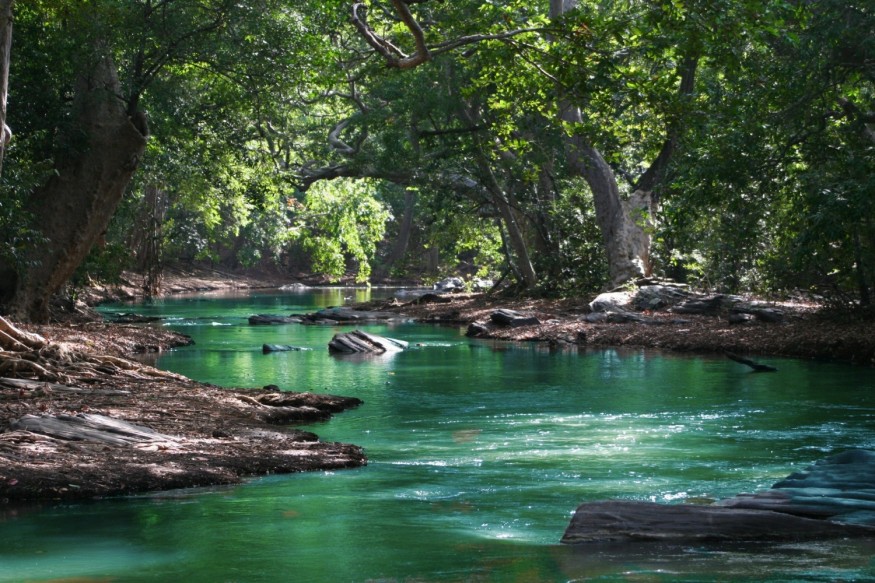Humanity has been found to be inflicting unimaginable regime changes in the natural world by vastly expanding and dominating the Earth's vital natural resources, especially freshwater.
Understanding Human Dominance on Freshwater Resources
Researchers used NASA satellites to measure and remotely quantify the impacts and changes in the level of freshwater bodies in the first global survey of human impacts. Findings published in the journal Nature entitled, "Human alteration of global surface water storage variability."
The survey analyzed 227,386 ponds, reservoirs, and lakes from across the globe.
While artificial dams and other human-managed reservoirs only comprise 3.9% of the planetary-scale system of surface-level water storage, the tiny fraction masks the truth about how much humans have dominated freshwater fluctuations.
When researchers quantified the overall changes in water levels across human-managed systems and the natural world, findings showed that human-controlled reservoirs represent 57% of all surface water variability which is more than half of the ebb and flow of freshwater systems.
Sarah Cooley, the lead author of the study and geophysicists from Stanford University, explains in a statement that humans think of water cycles as purely natural. However, humans have been substantially intervening with the natural process, as demonstrated in the study.
Researchers explain that the study shows that humans and anthropologic activities are mainly responsible for the majority of surface water storage variability on the planet.

Studying Human Disruption of Freshwater Ebb and Flow
Researchers studied 22 months of data from Nasa's Ice, Cloud and Land Elevation Satellite 2, providing first-of-a-kind snapshots of water storage across the globe, capturing and quantifying water bodies no smaller than football fields within the survey.
Cooley adds that previously satellites were unable to come close to smaller water bodies.
The team stresses that the dominance of humans on the majority of freshwater storages are bound to have adverse effects on the environment.
The risks from human disruption of the freshwater ebb and flow range from negative effects on various natural ecosystems mostly due to water shortages, to a spectrum of greenhouse gas emissions emanating from man-made reservoirs.
According to a study published in 2016 entitled "Greenhouse Gas Emissions from Reservoir Water Surfaces: A New Global Synthesis," finds that reservoirs account for 0.5-1.2 Pg CO2 per year, mostly due to CH4 or methane.
Prior studies have linked greenhouse gas emissions to reservoirs due to latitude and age.
On the other hand, there are benefits to human-run reservoirs. Most go beyond controlling water and are able to generate hydropower systems, while dams offer additional protection against flooding.
Still, the discovery of human domination on the ebb and flow of freshwater in discerning and is a stark reminder of how the human species has affected the environment with possible big consequences coming in the near future.
Laurence Smith, a co-author of the survey and environmental scientists from Brown University says that the volume change in the Earth's freshwater bodies, floods, snowmelt, and droughts have commandeered roughly 60% of the variability.
RELATED ARTICLE : Lead Poisoning Kills Flamingos in Greek Lagoon
Check out more news and information on the Environment & Climate on Science Times.
© 2026 ScienceTimes.com All rights reserved. Do not reproduce without permission. The window to the world of Science Times.









